Co-Speaking Programme: Talks by Nana Adusei-Poku and Pascal Gielen
de Appel, Prins Hendrikkade 142, Amsterdam
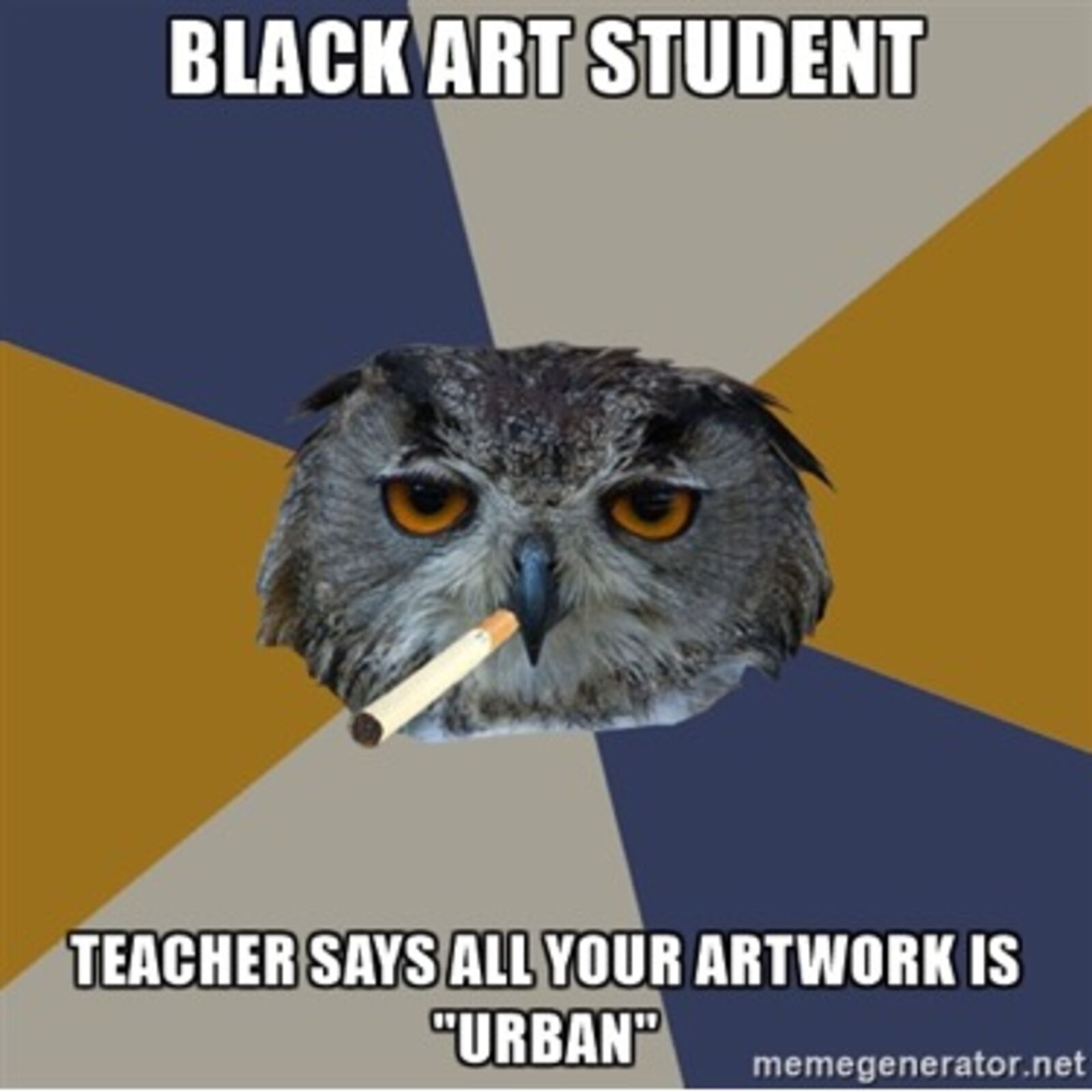
In thinking about the idea of crisis - that is any event which leads to, an unstable and dangerous situation affecting an individual, group, community, or whole society - we experience the dynamic of power relations, in which all the meanings, values and behaviours that a society produces and promotes through its cultural forms and practices will almost always privilege some groups at the expense of others. The crisis occurs when those who imagined that they had privilege lose the so called ‘world making power’.
In the current situation and context of the arts institution two distinct crises can be determined. The first one is the well established crisis of the bourgeois art institutions and their exploitative and exclusive structures. Art institutions emerged after French Revolution as forums for national self reflection, or at least this was the utopian promise related to them. They however failed to expand the agency of publics from different economic classes, ethnic backgrounds and gender identities but rather emerged as spaces for self-indulgent contemplation by the parochial bourgeois classes.
The second crisis is seemingly more visible in the present time as a symptom of post welfare state societies. While the sophism of the welfare state collapses; upon the revelation that welfare measures were likely instituted in their political instance to dilute worker militancy without changing anything fundamental about the distribution of wealth and power - structures of the Western institutions of the 20th Century have remained largely intact and while they turn to neoliberal and managerial forums geared at expanding their audience into the broader public without understanding their subjectivities, they can no longer practically and affordably remain the domain of the middle classes.
In their talks sociologist Pascal Gielen and researcher Nana Adusei-Poku respond to this time in history, and in the contemporary, examining the specific locations of crisis in (art) institutions.
ENTRANCE
Entrance regular + 3 euro
A combiticket is available for 15 euro (excluding the entrance to the exhibition). This combiticket gives entrance to all the events related to Untitled (two takes on crisis).
Event is part of the Co-Speaking programme under the project YOU MUST MAKE YOUR DEATH PUBLIC, part of the larger project Untitled (two takes on crisis), which takes place at de Appel arts centre, the from 23rd of April to the 12th of June, 2016. It is an initiative of the 2015-16 Curatorial Programme of de Appel arts centre.
More information about Co-Speaking Programme
Nana Adusei-Poku: Who do we care for?- Creating [head-]space for political imaginaries
“It has always been much easier (because it has always seemed much safer) to give a name to the evil without than to locate the terror within. And yet, the terror within is far truer and far more powerful than any of our labels: the labels change, the terror is constant.” (Baldwin in Baldwin & Avedon 1964)
The Terror which James Baldwin describes in this short quote can be translated into the self-policing forces with which we are socialised within colonial structures and epistemologies. Hence many institutions are desiring practices, that start conversations and help building structures of decolonisation. However the majority of these desires are institutional speech acts; that are not interested in real change for marginalised voices, artistic practices and discourses. The proposed talk is hence devoted to this question what would Black Radical curatorial practices look like?
Pascal Gielen: The Mondial Civil Parade
When there's something good at the ongoing crisis, it's this: contemporary government politics cannot hide anymore its thru face. International movements all over the world show the repressive liberal ideology of the contemporary national politics. By doing this they build a new international civil space in which culture plays a special role. Based on research for the European Cultural Foundation, sociologist Pascal Gielen, discuss how these new civil movements respond at the crisis.
--------
Nana Adusei-Poku
NANA ADUSEI-POKU (PhD) is Research Professor in Cultural Diversity at Rotterdam University and Lecturer in Media Arts at the University of the Arts, Zurich. She was a scholarship doctoral student at Humboldt University, Berlin, working on the curatorial concept post-black in relation to contemporary Black artists, following degrees in African studies and gender studies at Humboldt University, and in media and communications at Goldsmiths College, University of London. She has been a visiting scholar at the University of Ghana, Legon; the London School of Economics; and Columbia University, New York. She most recently published: Catch me if you can! which is a critical reflection on the state of Diversity and Decolonisation in the Arts and Art education with http://www.internationaleonline.org/resources/decolonising_museums. Forthcoming is amongst other articles the visual essay called "So it is better to speak remembering we were never ment to survive", which discusses and explores Black Queer Ontologies in the Dutch Journal for Gender Studies.
Pascal Gielen
Pascal Gielen (1970) is director of the research center ‘Arts in Society’ at the Groningen University where he is professor for sociology of art and cultural politics. He is also editor-in-chief of the book series ‘Arts in Society’. Gielen has written several books on contemporary art, cultural heritage and cultural politics.
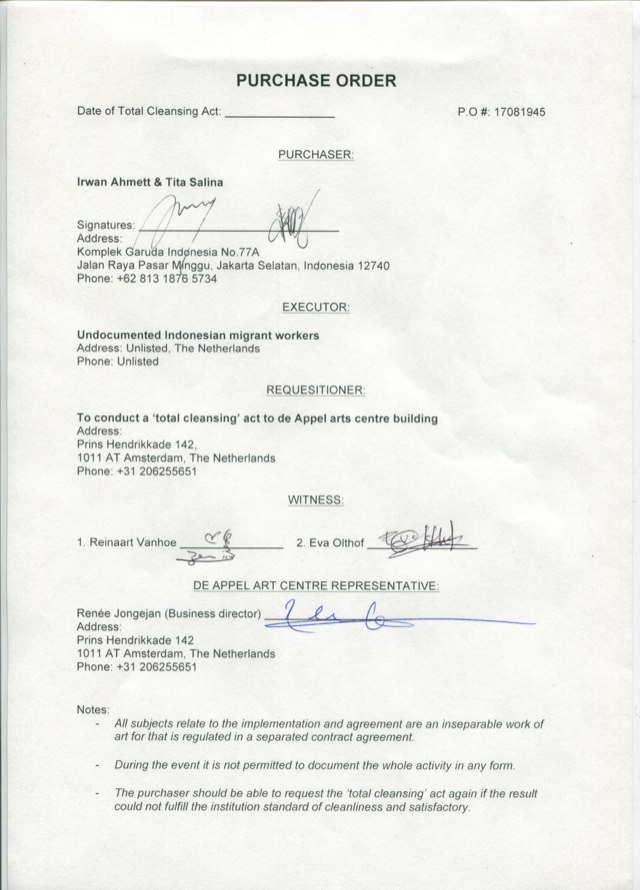
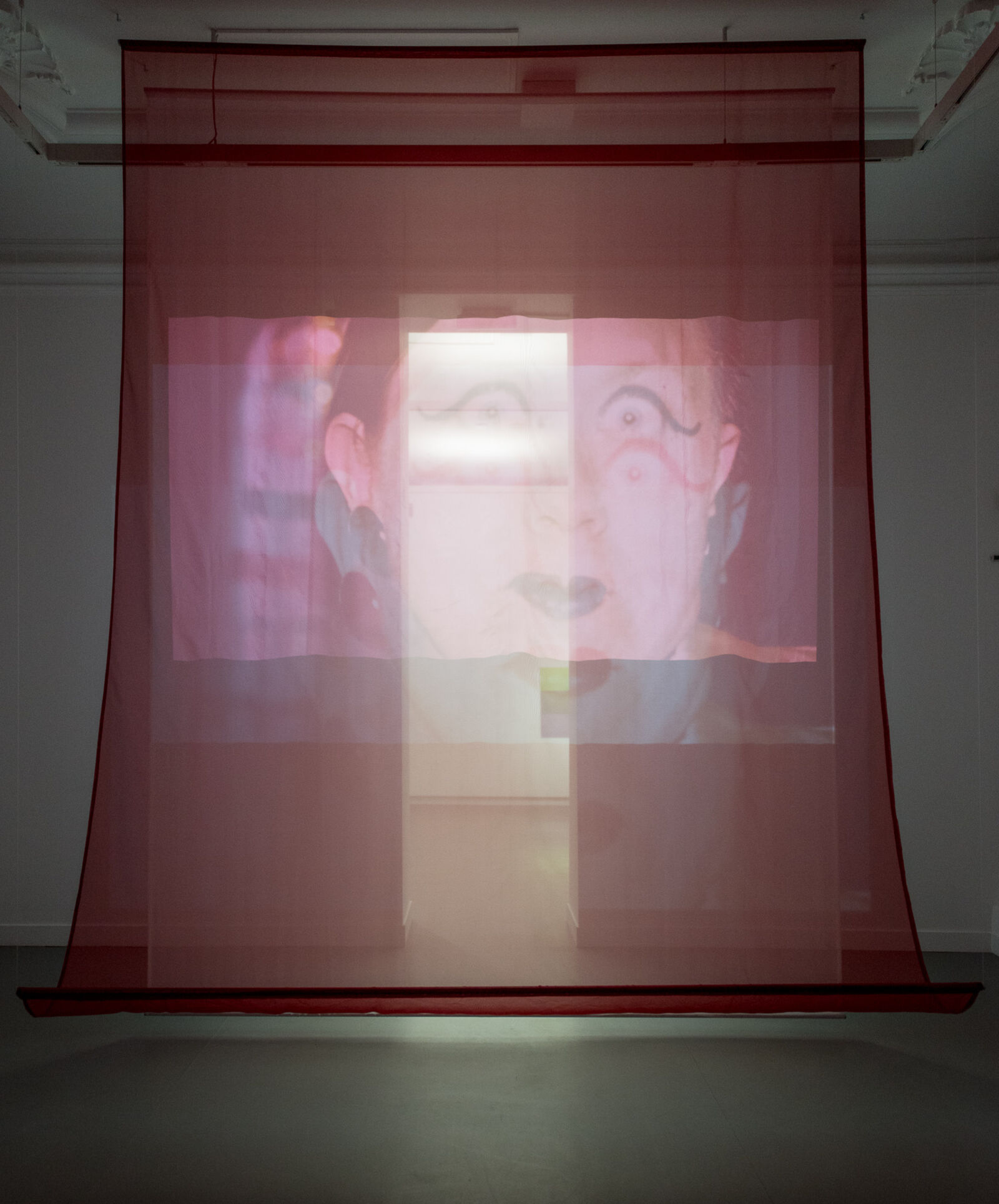
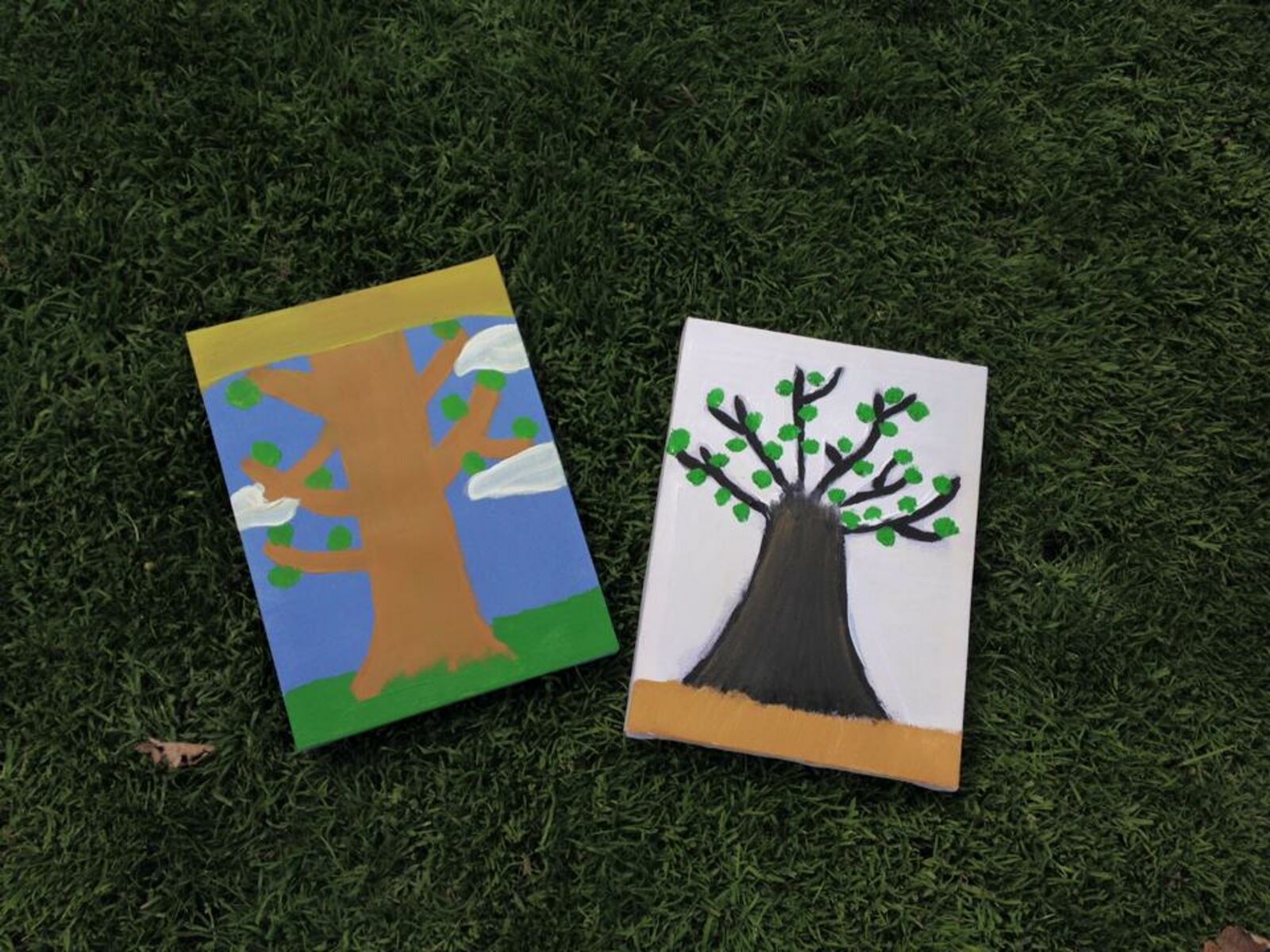
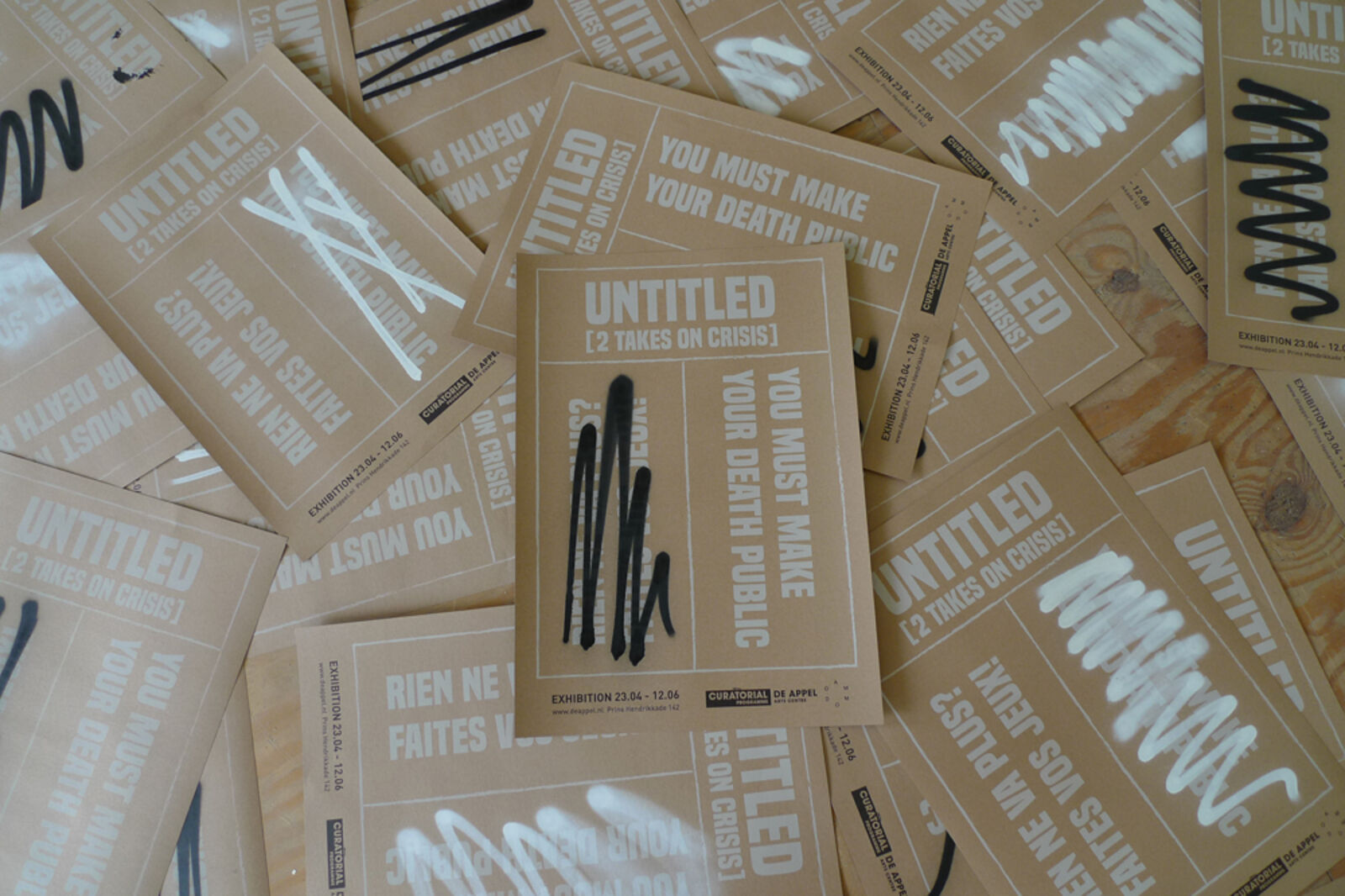
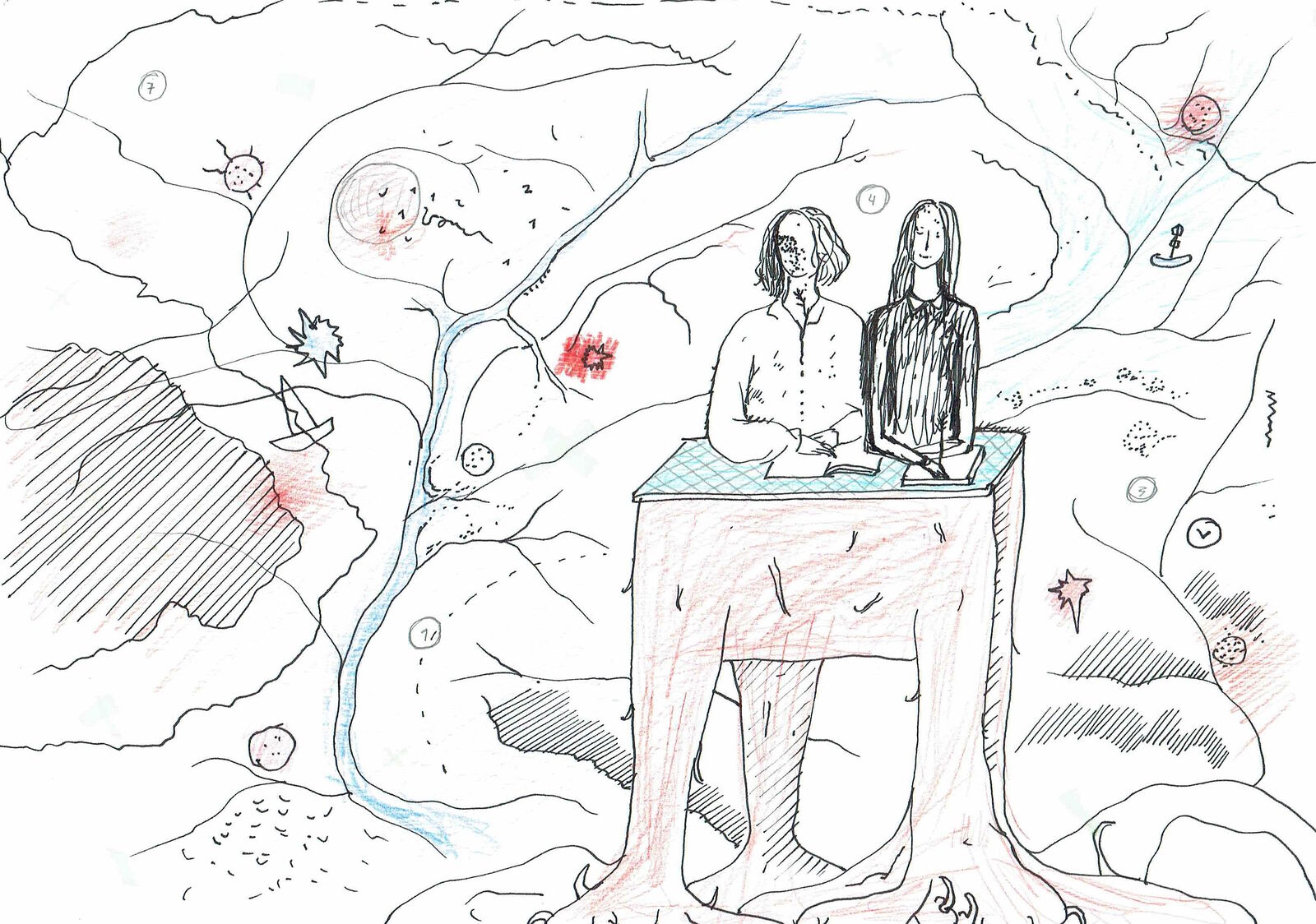

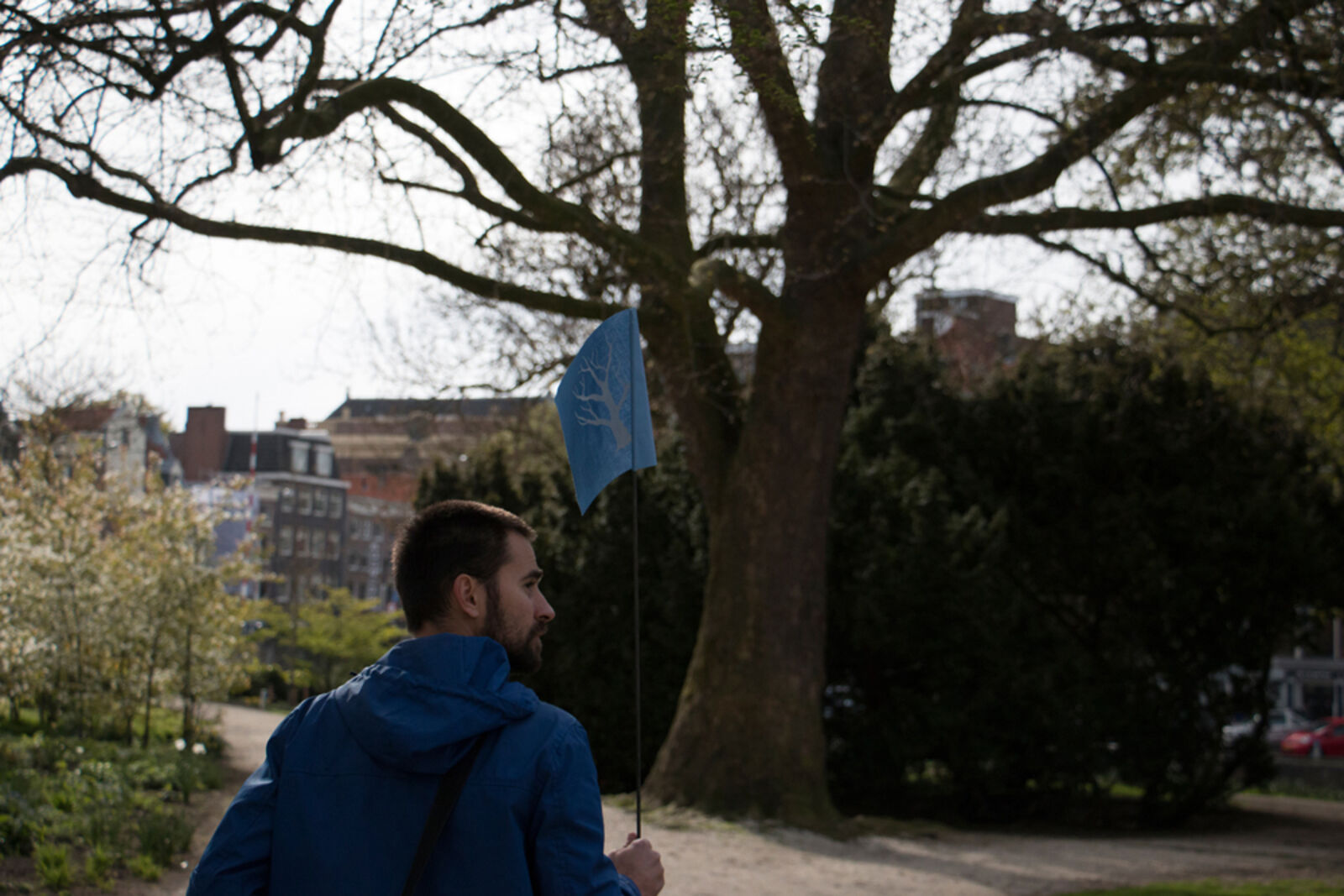
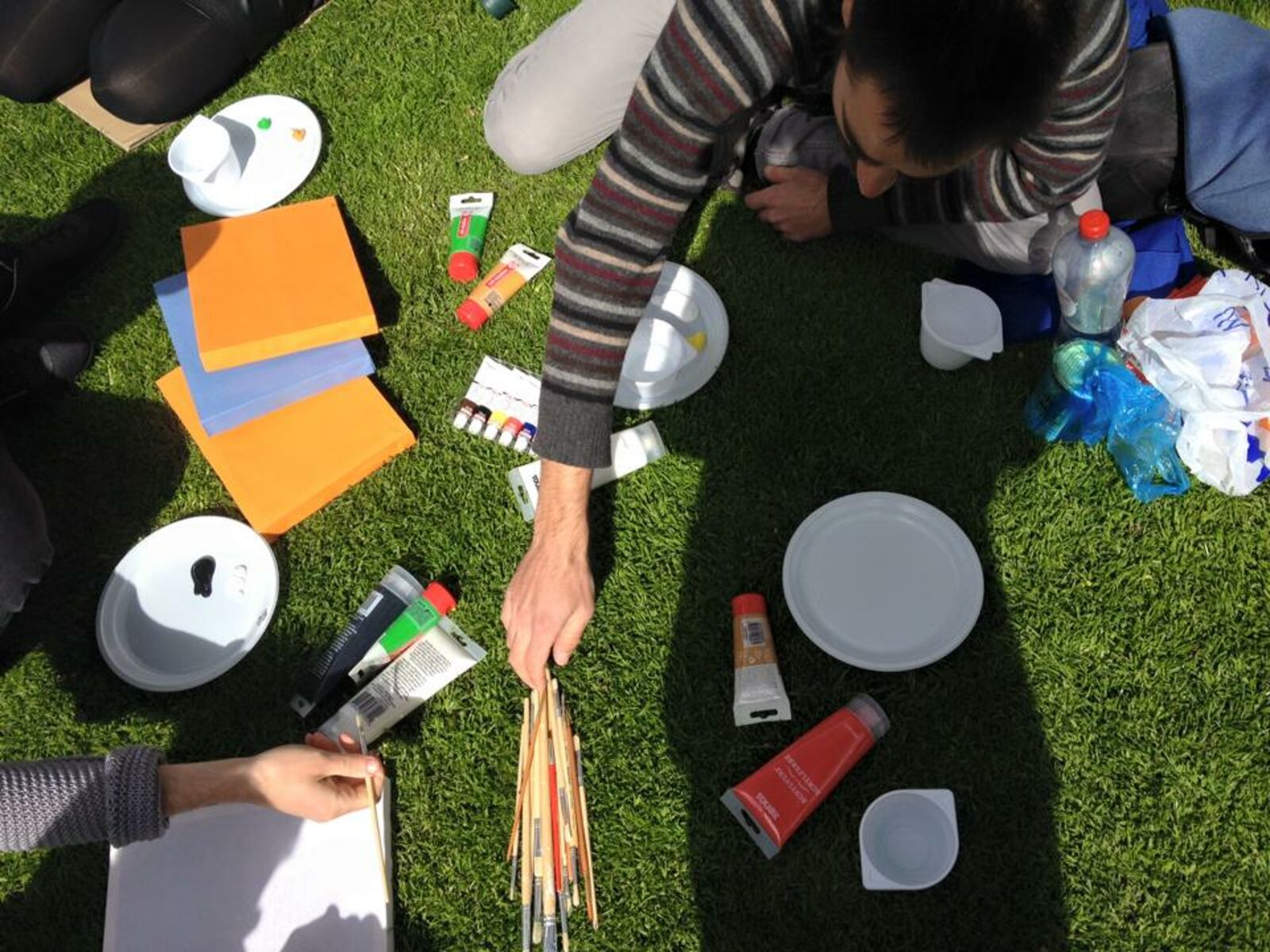
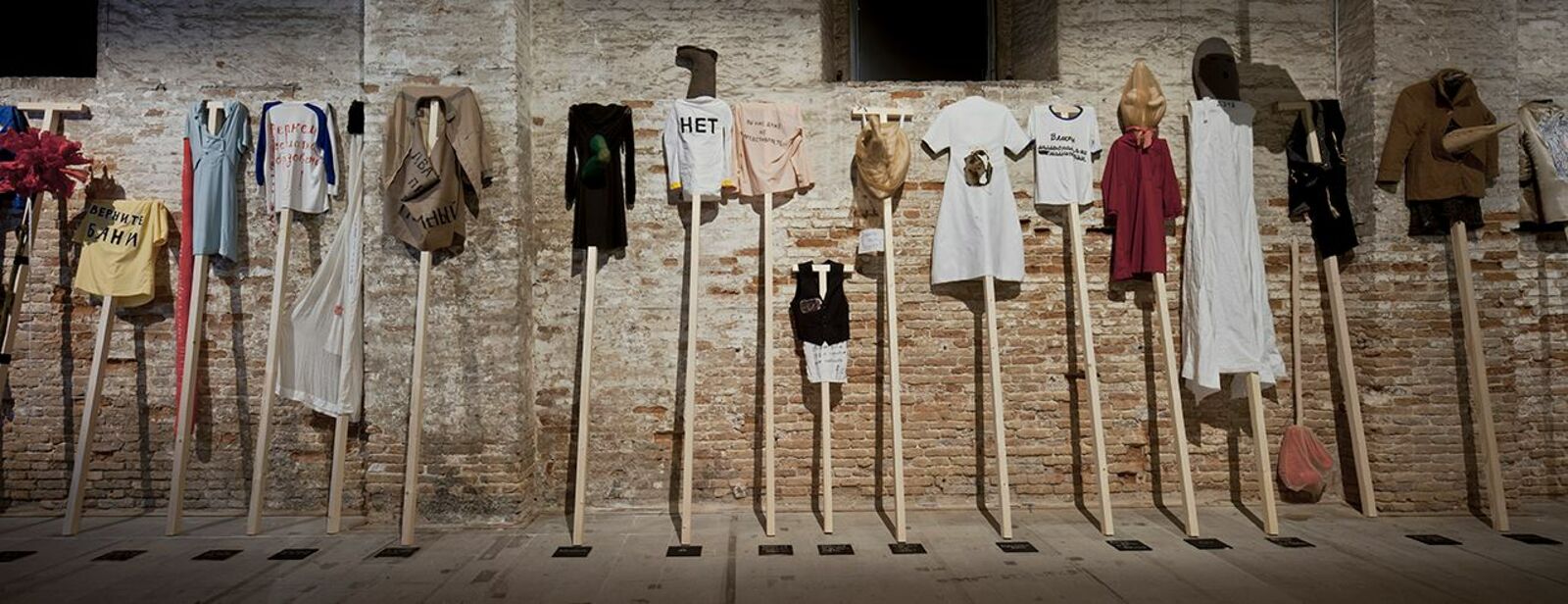
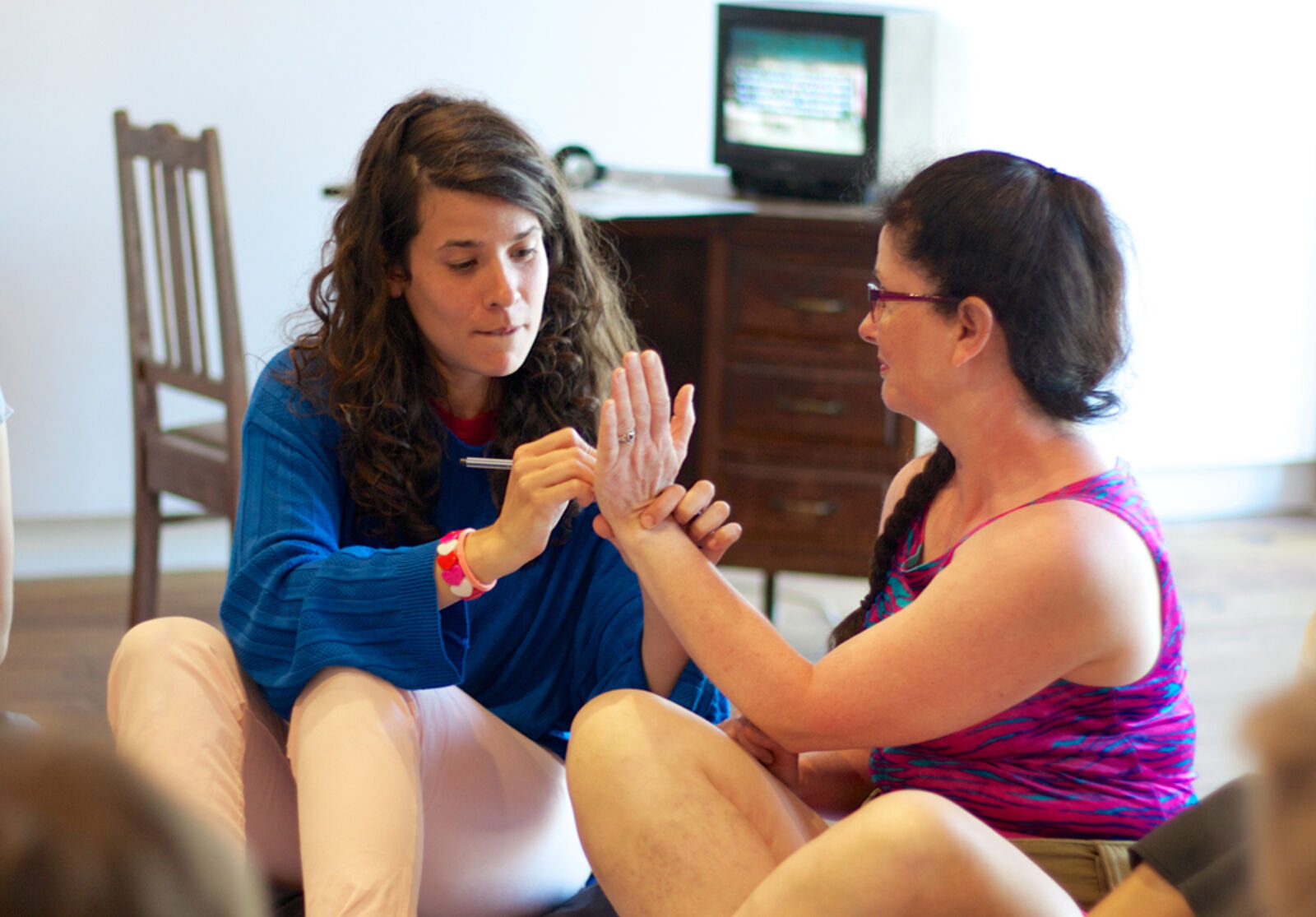
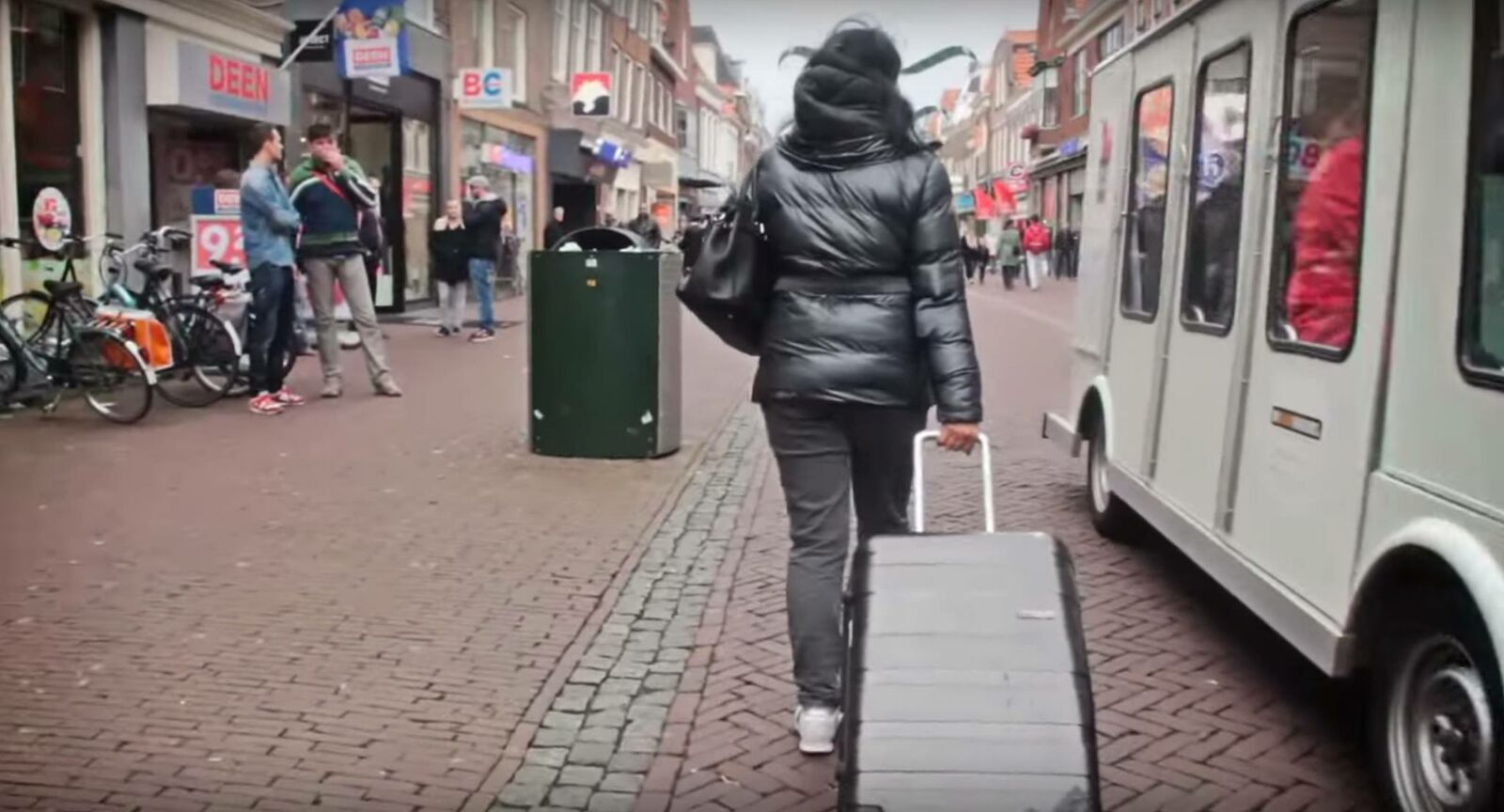
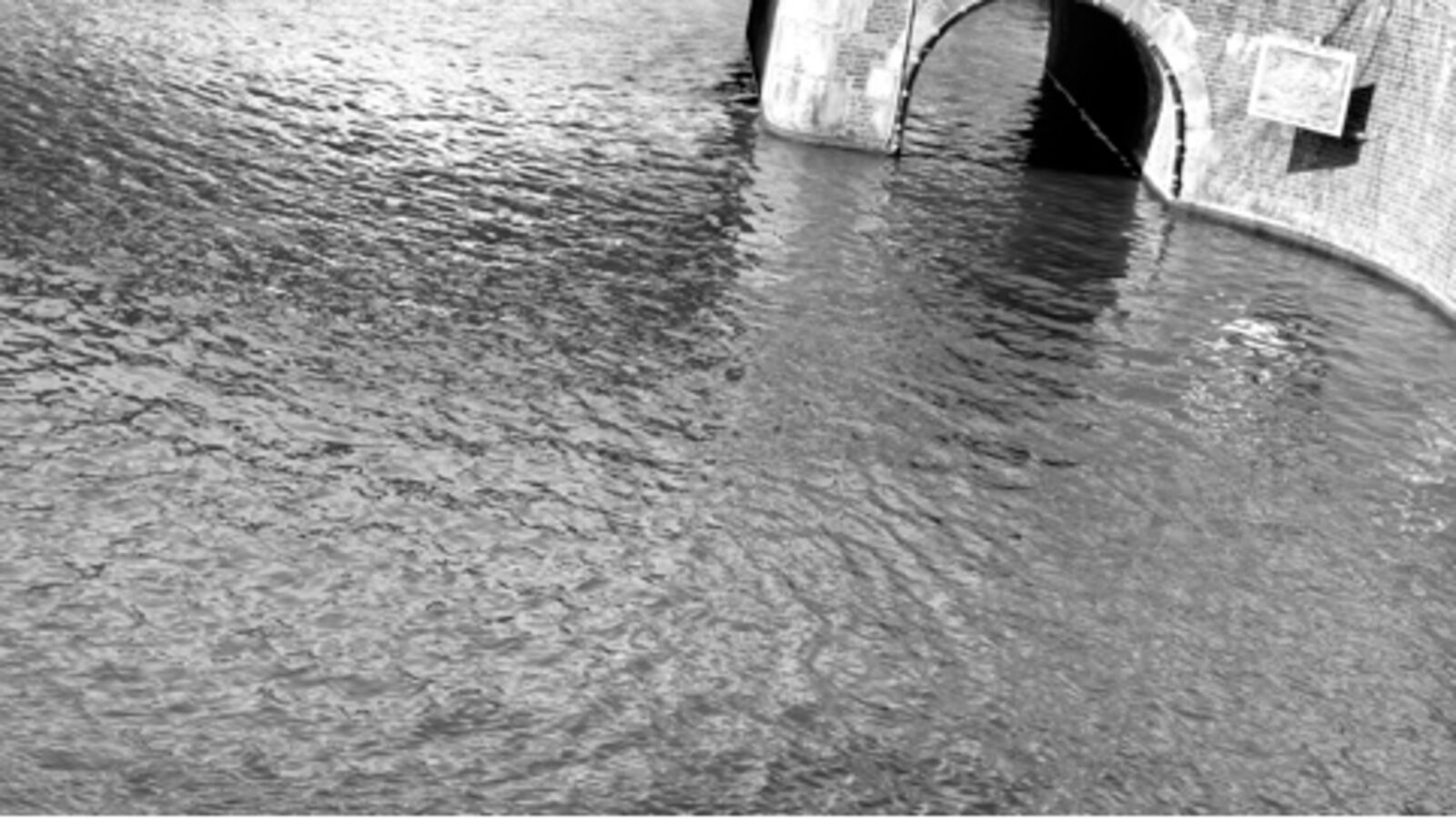
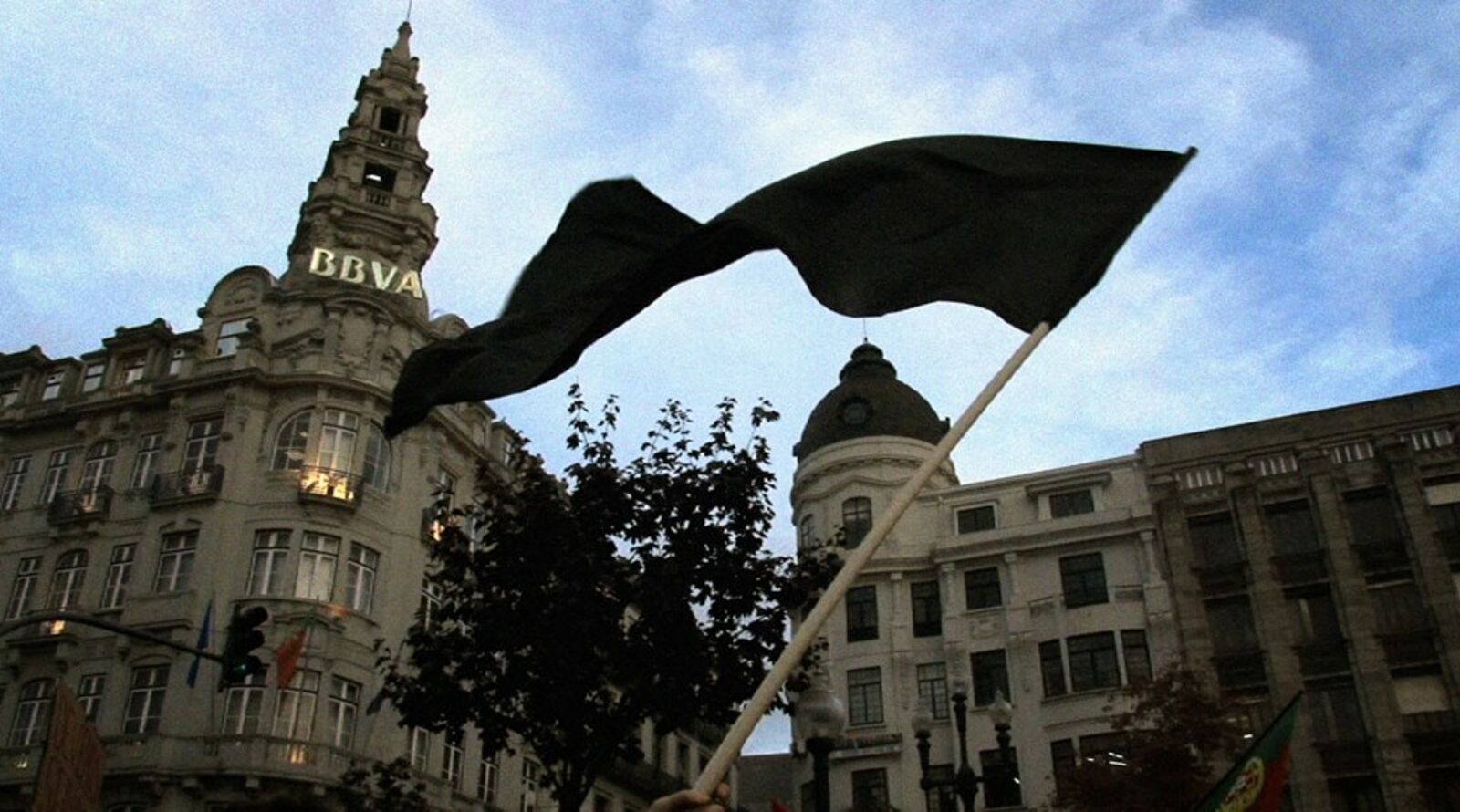
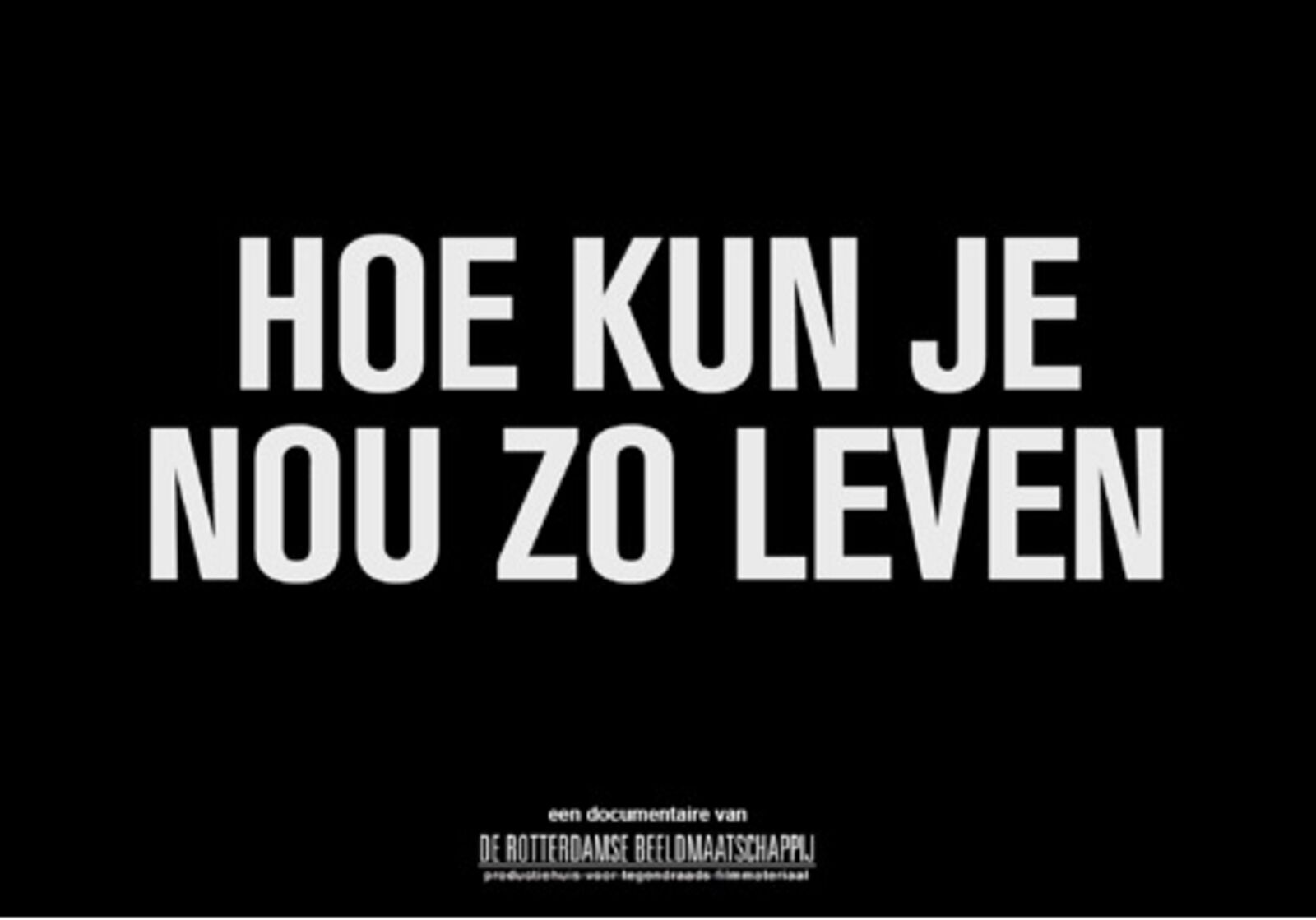
.jpg?w=1600)
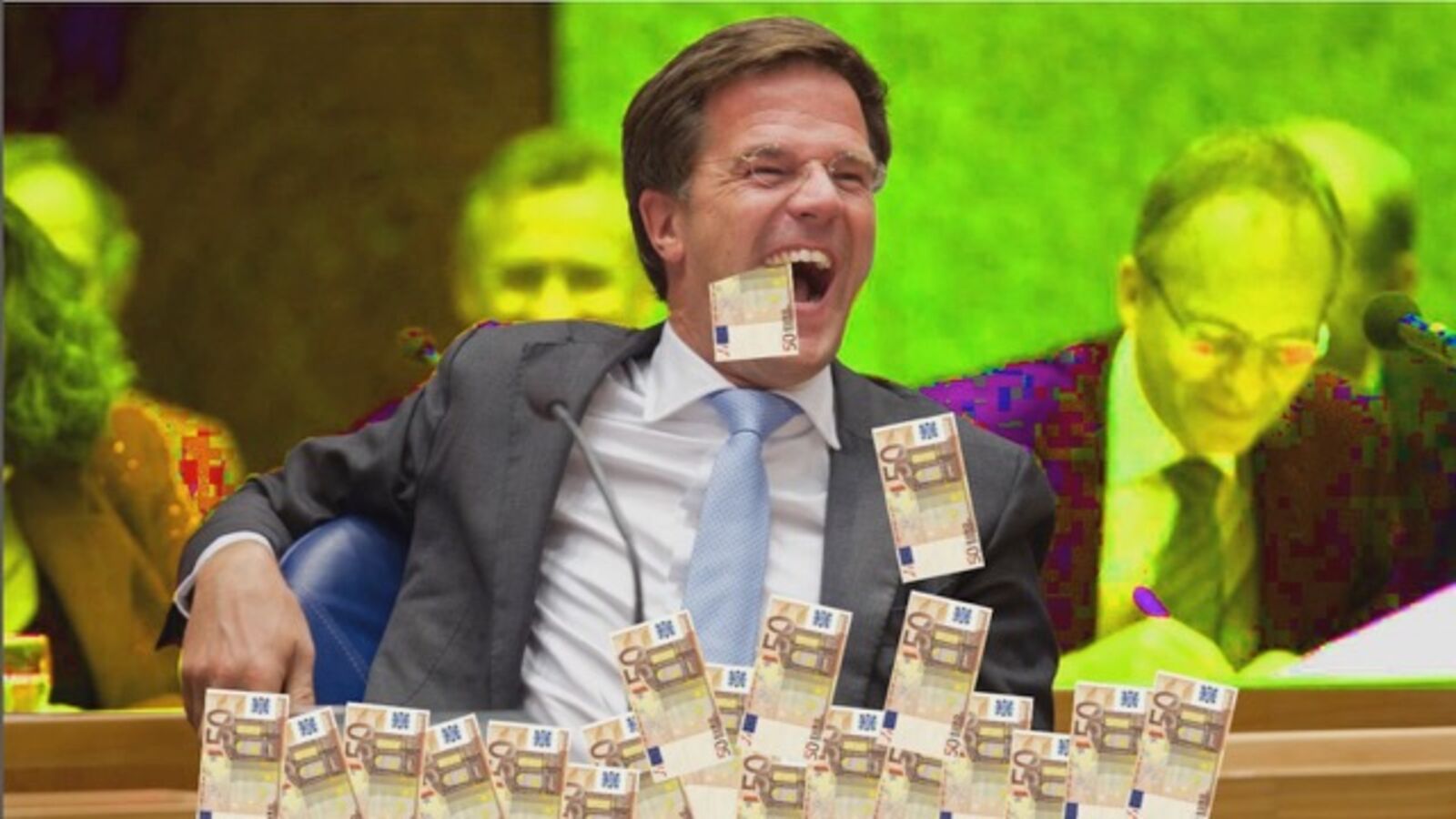
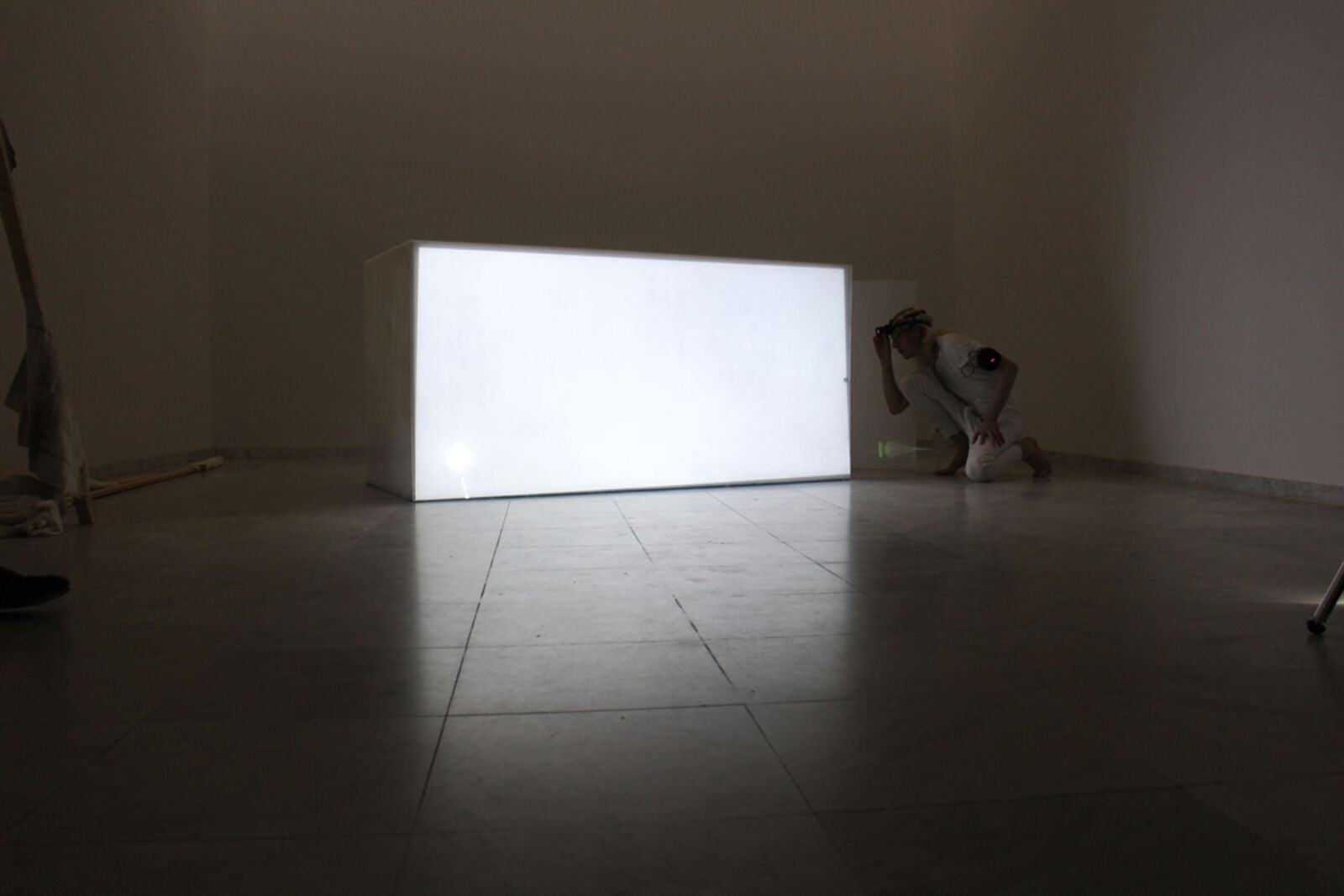
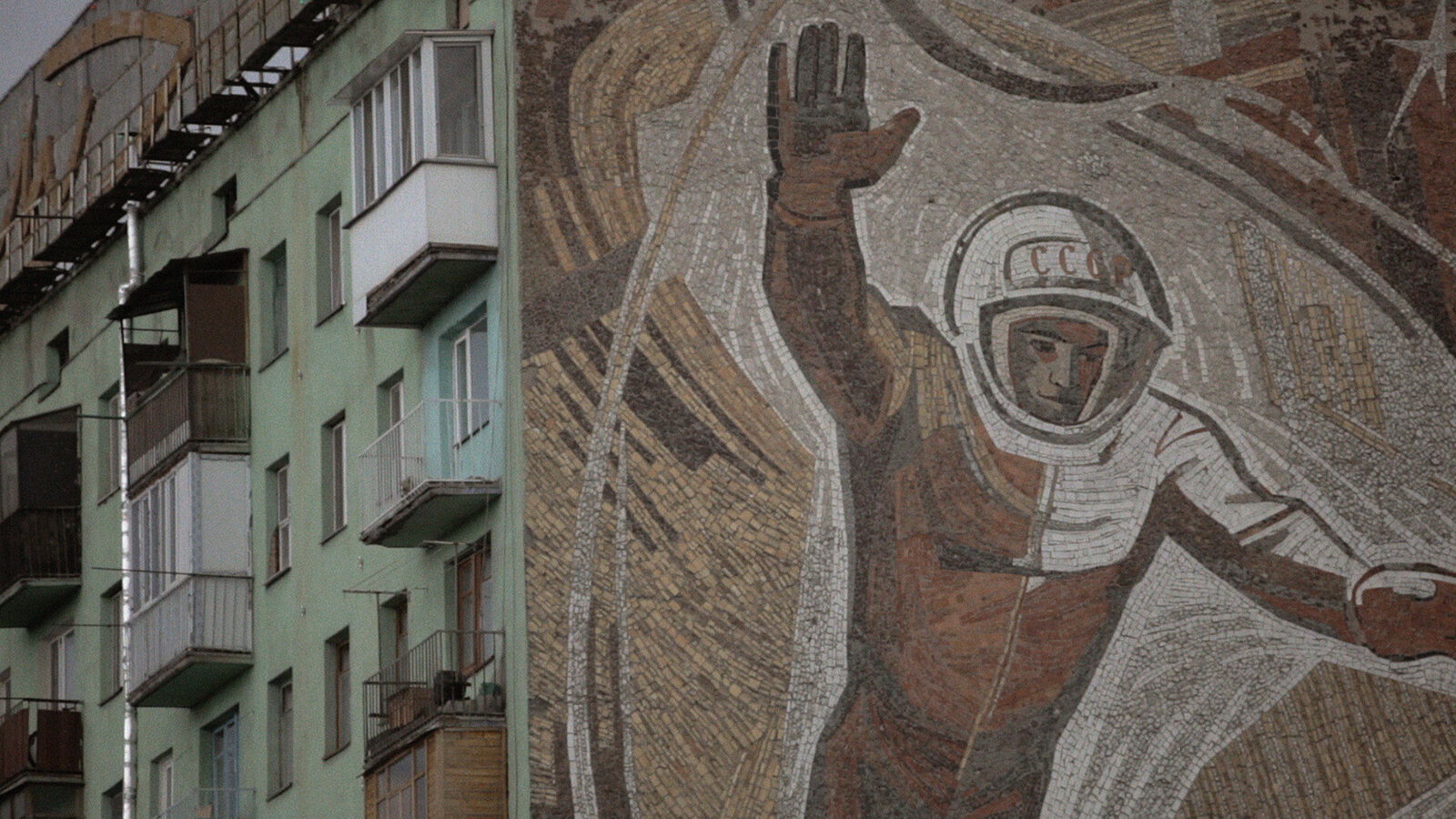
.jpg?w=1600)